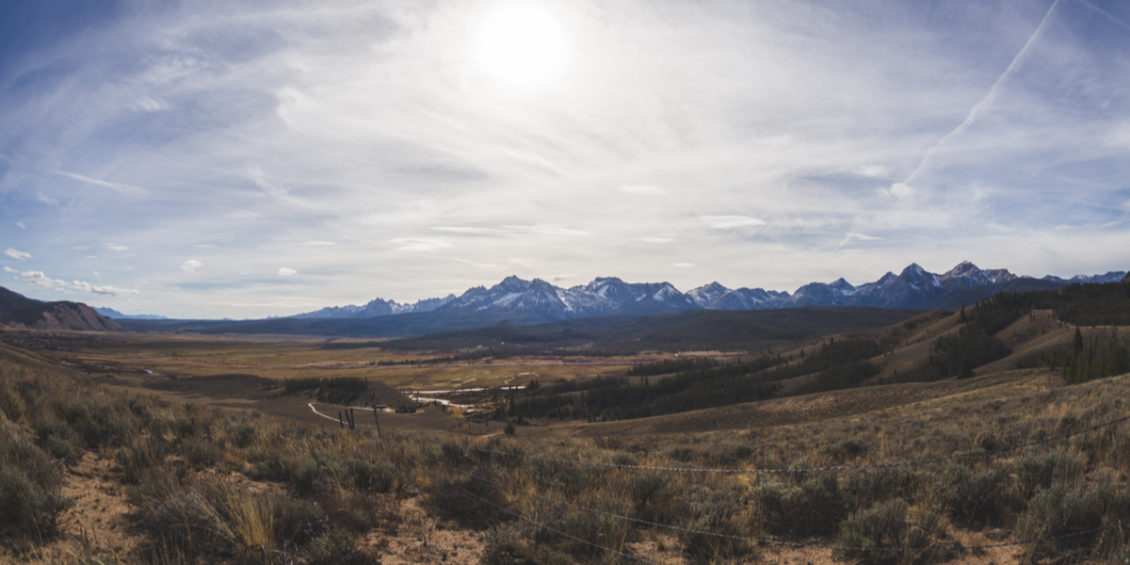
It’s been a busy few weeks. We’re finalizing budgets and hitting bill deadlines. So, I haven’t had a chance to send an update.
But I wanted to make sure I touched base today because of a vote I cast on Monday.
It didn’t involve a bill, but a joint memorial, HJM 8. We introduce joint memorials when we petition another state, a federal agency, the President or Congress. I was entertained to learn that such memorials are referred to as “Letters to Santa.”
A Memorial About the Wilderness
HJM 8 focuses on wilderness study areas (WSA) designated as nonsuitable, and it calls for Congress to release all such lands in Idaho. According to the Bureau of Land Management, “[WSAs] are places that have wilderness characteristics; that is a minimum size, naturalness, and outstanding opportunities for recreation which make them eligible for designation as wilderness.” Once designated a WSA, the BLM is directed to “not impair [a WSA’s] suitability for designation as wilderness.”
In effect, it means the BLM manages the area like it’s already national wilderness until Congress decides to act on whether to make it official wilderness or release it. This management can mean different levels of access to the land and control over how the land gets used. WSAs have been a source of frustration for many in rural communities because they tend to come with top-down management that doesn’t always reflect what locals living next to these WSAs would like to see.
It’s not a surprise that such a long-running program (it’s been around since 1976) has serious issues. Some of these WSAs have been around for years with no clear timetable on when they’ll be resolved. The system is inefficient and, on many levels, broken. I understand why the memorial sounded so appealing to folks.
Memorials and Big Ideas
You can read the full memorial here, but some specific phrases caught my eye.
Sweeping statements like, “The time is ripe for final disposition of these lands,” or “The United States Congress is strongly urged to enact legislation to release all remaining nonsuitable wilderness study areas” made me pause.
Imagine we flipped a switch, and this memorial instead referred to WSAs designated as suitable.
Many folks would find such a position alarming because we’d lose our role in the WSA process, both as individuals and a state. Designating areas as national wilderness comes with lasting consequences, good and bad depending on your perspective. It’s not a decision to be made lightly, and it’s the reason why I voted against this memorial.
But wait a minute. If it’s the equivalent of a “Letter to Santa,” why do I care about the language in a memorial?
Because of the precedent.
The Language We Use Matters
To be clear the legal impact of memorials is minimal, at best. Nothing happens unless the party who receives the memorial acts. But once we’re on the record saying we agree with an idea, in this case, the final disposition of one type of WSAs, it opens the door to some sticky questions.
“Well,” Congress might say, “you were happy to request we release all nonsuitable WSAs at one time. Why don’t you support a blanket adoption of all suitable WSAs, too?” Again, I appreciate that this scenario may seem far-fetched. But it’s how I thought through the issue.
During the committee hearing, when I asked the memorial sponsor and other supporters about this very possibility, it was clear they hadn’t considered the idea. They assured me the very thing I was concerned about would never happen. It helped me remember something critical.
We can get so focused on our goal that we miss potential issues with the solution we’re convinced is the answer. This blind spot can trip up folks even when they’re operating with the best of intentions, which I think was the case with this memorial.
Why I Vote the Way I Vote
My commitment to you and our community remains the same. Regardless of how I vote, I need to be able to explain why I did what I did. In this instance, I know there will be people who don’t share my concerns about the language and disagree with my vote. But my hope is that whether it’s this vote or any other vote, you’ll reach out with questions and concerns. I’ll do my best to walk you through the reasons for my vote.
Finally, I wanted to let you know that we’ll be holding our third District 34 Town Hall on Saturday, March 16 at 10 a.m. We’ll again be at the Madison County Courthouse in the Commissioners’ Room. I hope you’ll join us and bring your neighbor.